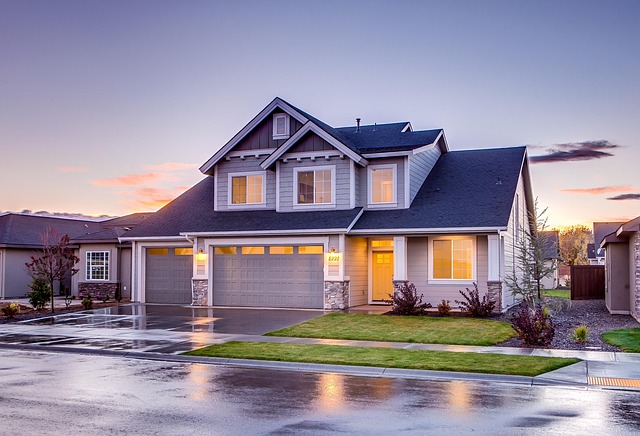Residential plumbing systems are essential for delivering clean water and removing wastewater in homes. Key components include pipes, valves, fixtures, and appliances, with materials like copper, PVC, or steel used for pipes. Homeowners should understand these basics to maintain their properties and recognize when to call professional residential plumbing services. These services include fixture installation/repair, repiping, drain cleaning, sewer line repairs, and water heater installations. Hiring professionals is crucial for complex projects involving specialized tools, building codes, gas lines, or systems beyond one's comfort level. They offer tailored solutions, adhere to regulations, and ensure safe, efficient plumbing systems. The installation process involves assessing home needs, excavating, laying pipes, installing fixtures, testing, and connecting to the main supply. Choosing fixtures aligns with functionality, aesthetics, and personal tastes. Plumbers face challenges like varying layouts and water pressure, requiring customized solutions. Regular maintenance through inspections, professional assessments, drain cleaning, and budgeting are vital for long-term plumbing efficiency and cost savings. Balancing quality service with budget is key when planning plumbing installations or repairs.
Looking to upgrade or install a new plumbing system in your home? This comprehensive guide covers all aspects of residential plumbing services, from understanding basic systems to choosing fixtures and navigating installation processes. Learn when to hire professionals, explore common challenges, and discover essential maintenance tips for longevity and efficiency. Get ready to transform your home’s plumbing with expert insights tailored for optimal performance and budget-conscious decisions.
Understanding Basic Residential Plumbing Systems
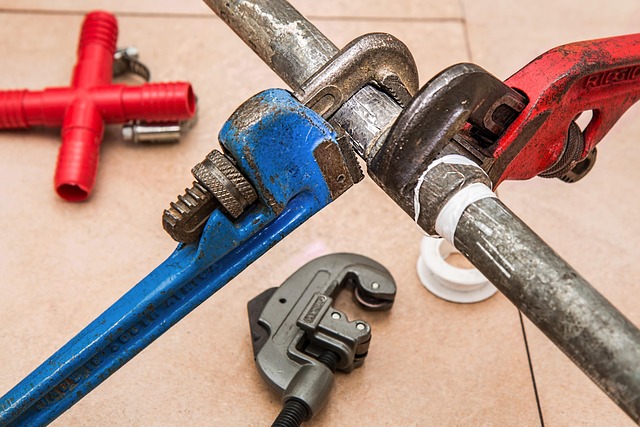
Residential plumbing systems are a complex yet essential part of any home, delivering clean water for drinking and sanitation while efficiently removing wastewater. At its core, a typical residential plumbing system comprises several key components: pipes, valves, fixtures, and appliances. These elements work in harmony to facilitate water flow throughout the house. Pipes, usually made from copper, PVC, or steel, form the backbone of the system, transporting water from main supplies to individual fixtures like sinks, showers, and toilets.
Valves, such as shut-off valves, control the flow of water, allowing homeowners to isolate specific areas for maintenance or repair. Fixtures, including faucets, toilets, and bathtubs, are connected to these pipes and rely on pressure to function properly. Residential plumbing services often involve installing or repairing these components, ensuring optimal water pressure, temperature regulation, and waste removal efficiency. Understanding the basics of residential plumbing systems is crucial for homeowners looking to maintain their properties effectively and recognize when professional assistance from a licensed plumber may be needed.
Types of Plumbing Services for Your Home

When it comes to maintaining a comfortable and functional home, residential plumbing services play a pivotal role. These services encompass a wide range of activities designed to ensure your home’s water supply is safe, efficient, and reliable. From installation and repair to maintenance and upgrades, professional plumbers offer specialized solutions tailored to meet the unique needs of each residence.
Common types of residential plumbing services include fixture installations, such as sinks, toilets, and showers, which involve connecting new or replacement units to existing water lines. Plumbers also specialize in repiping, a process that involves replacing old, corroded pipes with modern materials like copper or PEX, enhancing water pressure and reducing leaks. Additionally, they offer drain cleaning, sewer line repairs, and water heater installations, ensuring your home’s plumbing system operates seamlessly throughout the year.
When to Hire Professional Plumbers

Knowing when to hire professional plumbers for your home is essential, as it can prevent costly mistakes and ensure your plumbing system functions optimally. While some basic plumbing tasks can be tackled by homeowners, complex installations or repairs that involve intricate pipes, fixtures, or gas lines are best left to experts in residential plumbing services. If you’re unsure, consider the scale of the project—if it requires specialized tools, knowledge of building codes, or involves systems beyond your comfort level, professional plumbers are the safe choice.
Professional plumbers bring expertise and experience that can be invaluable. They can assess your unique needs, provide tailored solutions, and guarantee their work. Moreover, hiring professionals ensures compliance with local regulations and safety standards, protecting your home from potential hazards associated with improper plumbing installations.
The Installation Process: Step-by-Step Guide
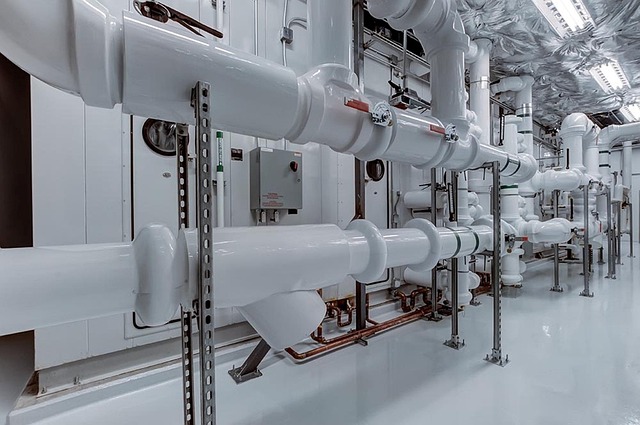
The installation process for residential plumbing services begins with a thorough assessment of your home’s unique needs. Plumbing professionals will carefully inspect your property, taking into account factors like the size of your home, water pressure, and specific requirements such as heating or cooling systems. Based on this evaluation, they’ll design a tailored plan, ensuring compliance with local building codes and regulations.
The actual installation involves several meticulous steps. First, the plumber will locate and mark the precise spots for fixtures and appliances, such as sinks, toilets, and water heaters. Next, they’ll excavate and lay the necessary pipes, using different materials like copper or PVC depending on the application. This critical stage requires precision to maintain water flow efficiency and prevent leaks. Once the piping is in place, fixtures are installed, tested, and adjusted for optimal performance. The final touch involves connecting the system to your main water supply and ensuring a secure, functional plumbing network for your home.
Choosing the Right Fixtures and Fittings
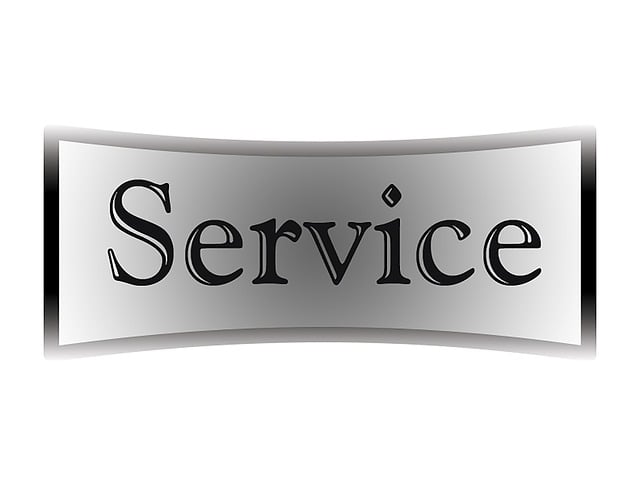
When it comes to plumbing installations, homeowners often overlook the significance of selecting the right fixtures and fittings. This decision is a pivotal aspect of any residential plumbing services project, as it directly impacts the functionality, aesthetics, and overall user experience of your space. The market offers an extensive array of options, from classic to contemporary designs, each with unique features catering to various needs. For instance, choosing between a traditional faucet and a water-efficient model not only aligns with eco-friendly practices but also contributes to long-term savings on your water bills.
Homeowners should consider their daily routines, personal preferences, and the overall style of their home when making these choices. A well-thought-out selection ensures that your plumbing installations are both practical and visually appealing. Engaging with reputable residential plumbing services providers can offer expert advice tailored to your specific requirements, ensuring you make informed decisions for a seamless and efficient installation process.
Common Challenges in Home Plumbing Installations
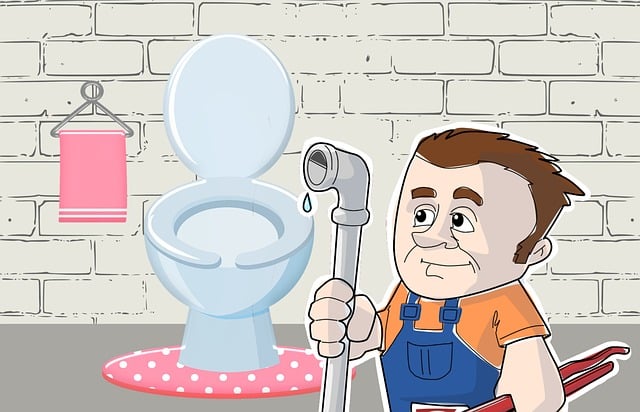
When embarking on plumbing installations for homeowners, several common challenges often arise. One of the primary hurdles is understanding the unique layout and requirements of each residence. Every home is different, from pipe configurations to water pressure levels, which means one-size-fits-all solutions are rarely effective. This requires skilled plumbers to adapt their methods and choose appropriate materials tailored to each specific space, ensuring optimal performance and longevity.
Another significant challenge lies in balancing functionality with aesthetics. Homeowners often seek not just efficient plumbing systems but also ones that complement their interior design. Plumbers must work carefully to integrate pipes, fittings, and fixtures seamlessly, addressing both practical needs and visual appeal. This delicate balance demands a keen eye for detail and the ability to offer customized solutions, thereby enhancing the overall residential plumbing services experience.
Maintenance Tips for Longevity and Efficiency
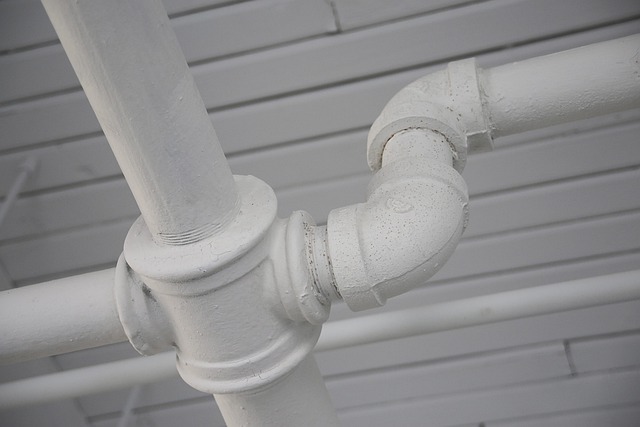
Regular maintenance is key to ensuring your home’s plumbing system remains efficient and lasts for years to come. A simple yet effective routine can help prevent costly repairs and disruptions to your daily routines. Start by inspecting visible pipes for any signs of damage, corrosion, or leaks. Addressing these issues early can save you from more serious problems down the line.
For optimal performance, schedule professional residential plumbing services for annual checks. These experts can identify potential issues with water pressure, pipe insulation, and drain systems. Regular cleaning of drains and sewers is also crucial to maintaining smooth water flow. By incorporating these maintenance practices, homeowners can enhance their plumbing system’s longevity and efficiency, contributing to a more comfortable living environment.
Cost Considerations: Budgeting for Residential Plumbing Services
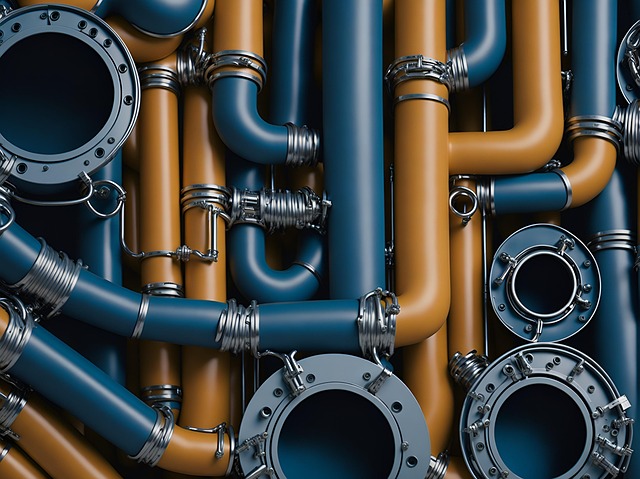
When considering plumbing installations or repairs, budgeting for residential plumbing services is a vital step. The cost of these services can vary widely based on several factors, such as the scope of work, complexity of the issue, and local labor rates. It’s important to remember that while DIY solutions might seem more affordable, professional plumbers bring expertise and specialized tools, ensuring longer-lasting repairs and potentially preventing future, more costly issues.
Creating a realistic budget involves gathering estimates from reputable plumbing companies. These quotes should be detailed, outlining not just the cost of labor but also the materials required. Compare prices, services offered, and customer reviews to find the best value for your money. Remember, choosing the most affordable option isn’t always the best strategy; instead, opt for a balanced approach that considers both quality of service and cost-effectiveness.
